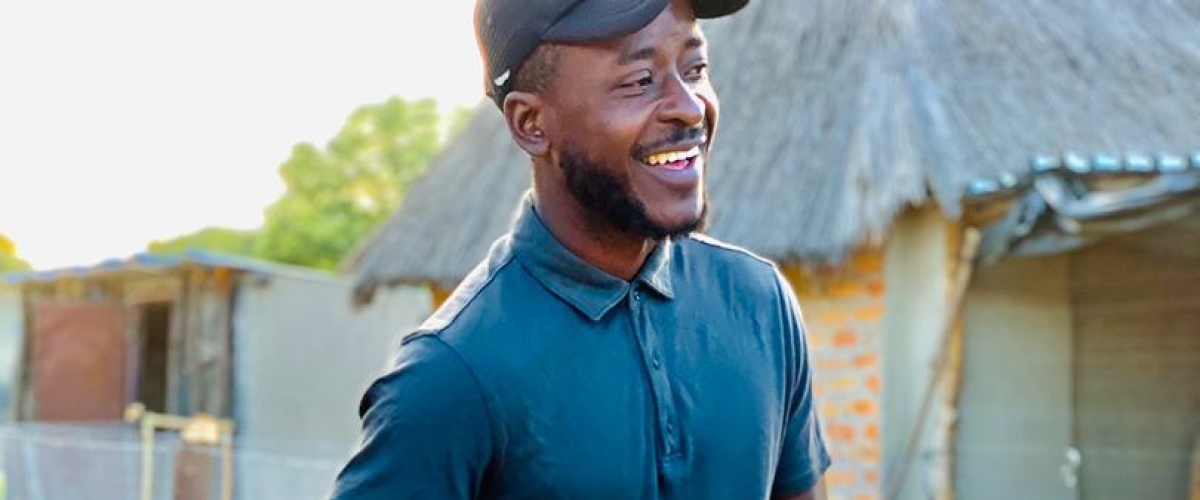
By Tanyaradzwa Mutizwa
It is being touted as the beginning of what could yet be another tectonic shift in Zimbabwe's agricultural revolution's evolving history. When heroes of the country's liberation struggle led the Fast-Track Land Reform Programme towards the turn of the millennium, most of today's youths were still too young to directly assume title to the land that was reclaimed from white former owners.
Instead, the land was given to their parents, who were old enough to become landholders. But just as Zimbabwean youths of the generation gone by sowed the seeds that nurtured the country's journey towards political liberation, today's youths are slowly taking the lead in yet another generational fight for economic independence working the land.
An increasing number of local youths are slowly laying claim to the country most treasured heritage — the land — and steering what appears to be a changing of the guard through leading what seems to be an embryonic mini-agriculture revolution.
In the past, farming was seen as a domain for the less educated and poor, but perceptions are shifting fast, with an increasing number of local youths venturing into full-time commercial farming. Scores of young and innovative agri-entrepreneurs are changing the face of the agriculture landscape by making farming fashionable.
Twenty-eight-year-old Terence Maphosa, who breeds free-range chickens at his small family plot in Mhondoro-Ngezi, Mashonaland West, has become the face of this new spirit on land. Maphosa has harnessed social media's reach and power to publicize his fledgeling enterprise and inspire his followers to take a leap of faith and venture into agribusiness. On Twitter, where he uses the handle @terrymap1 to interact with his over 26 000 followers, he puts up posts showing a young man living rudimentary yet authentic rural life with an appreciation of traditional food.
Maphosa, a Political Science graduate from the University of Zimbabwe, regularly updates his followers on his chicken business, usually eliciting praise and admiration from the young and old alike. He started his small venture four years ago but struggled to gain traction and contemplated giving up. He, however, soldiered on against the odds. Today, he is a proud owner of thousands of chickens that includes breeds such as Black Australorp, Koekoek, Light Sussex, Kuroila and Jersey Giant.
"Through Facebook, Twitter and Instagram, I have managed to reach out to thousands of my peers who see the work I do daily on the farm. Updating my farming journey on social media has brought out the hunger in youths who are now daring to go into farming, and I am glad that a lot of young people have been inspired by my journey." Said Maphosa.
Through harnessing new technologies and social media, which allows them to synergize and share ideas in real-time, local youths are broadcasting to the world the mutating face of the country's agrarian reform programme, which is being led by the young. Hashtags such as #ZimAgricRising #ZimYouthsinAgriculture #ZimYouthCan #RimaSomething have been used as rallying calls for others to join in the renaissance.
Zimbabwe has a youth bulge that needs harnessing for the benefit of the economy by creating opportunities. The country is developing model youth farmers full of energy and enthusiasm. On the policy front, it is coming up with a quota system for strategic groups such as war veterans, women, youths and the disabled. To show the seriousness government attaches to this matter, President Mnangagwa has pledged that the Government will prioritize allocating underutilized land to youths.
The author is CCARDESA Media Engagement Correspondent in Harare, Zimbabwe.






